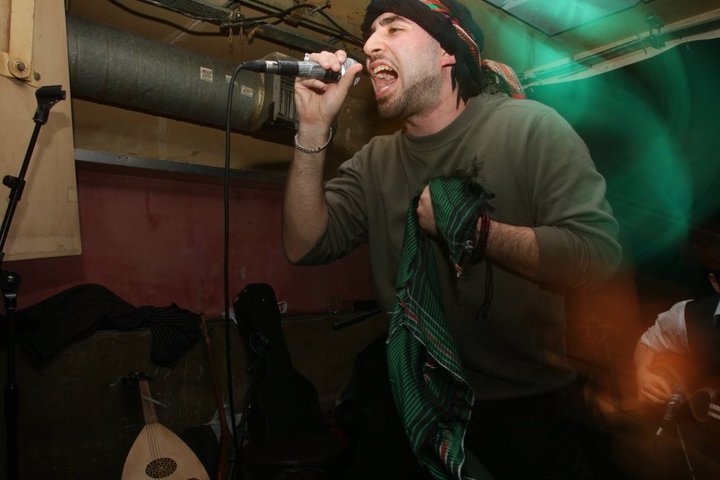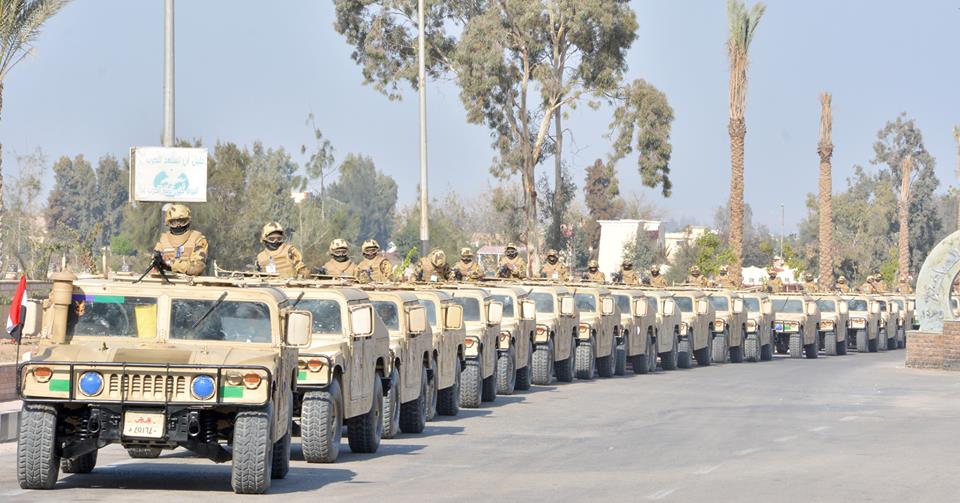
Ajam Band is not just a musical group; it is a project of cultural preservation and revitalization. Their music is constructed to infuse rarely heard folk music of Iran with a contemporary energy, to create something that Iranian youth culture can claim as its own.
Amin Ajami, who plays oudh and sings, and acts as the group’s front man, explains, “If you care about your own culture, you try to keep it alive.”
Ajam Band was formed in 2010 by Ajami along with Nariman Akrami, Emad Kermani, Parham Ajami, Zartousht Safari and Shohreh Khatoon, all Iranians living in London, and was conceived originally as a project based on research into folk traditions in Iran, and not as a self-sustaining band.
But although Ajam Band has never performed in Iran, they have spread their music through the Internet, and are able to reach an Iranian audience this way. Their original project was successful enough that they decided to make it permanent. “There is a very enthusiastic following in Iran, which is part of why we turned this project into a band in the first place,” says Ajami.
Says Nariman Akrami: “It all has to do with the presentation of the project. We have these cultures in our own land, but they have not been presented to people properly.”
In fact, for some, the distance helps.
Sahand Sahebdivani, who is playing with the group on this tour, says this distance from home is a significant part of how the Ajam Band project came into being.
“I think it is instrumental that they guys who started this band are from outside Iran,” says Sahebdivani, “A lot of people who are in the countries where these traditions exist often do not see their value. They need this bridge generation of immigrants who look back and see that we have these amazing things in our country.”
Ajam Band covers diverse musical terrain. The sound is infused with hip hop beats thanks to Akrami, who is also a hip hop producer, and aggressive rap-chant characterizes many of the verses. But the folk traditions the group incorporates are themselves diverse, the result of careful research into the indigenous sounds of disparate regions of Iran and neighboring countries.
“We take advantage of Iran’s geography,” says Ajami. “The music you hear that comes from the South sounds nothing like what you hear in the North.”
Their songs each take a particular musical phenomenon and construct it into something new. The song “Katooli” draws from shepherds songs sung in the northern Mazandaran region of Iran. “NoroozKhani” incorporates songs of the New Year’s (Norooz) tradition of wandering performers who visit their neighbors to sing and recite poetry. “Khezaan” is inspired by a Kurdish poem, but it is sung in Farsi and though the melody is in the style of traditional Kurdish music, it is original to Ajam Band, created by Irfan Shaho, a performer who specializes in Kurdish music and singing, and frequently performs with the group. The band even has a song that uses the Zaar tradition of the Persian Gulf, a mysterious musical process of healing and exorcism that also exists in Upper Egypt and Sudan.
The music is a product of extensive travel and research in Iran, particularly on the part of Amin Ajami, and it is not necessarily easy music to encounter. It is not classical Iranian art music, but as Ajami describes it, “Music from the streets, the bazaars, the shepherds, the people who play weddings and perform in street plays.”
Ajami began his research by going through the archives of a couple of cultural preservation institutes in Iran that have compiled recordings of folk phenomena, and later spending time with musicians in various regions, learning to play the traditional instruments. As a result, Ajam Band are not simply adding a new twist to old music, they are working to assure that many fractured and fading traditions do not disappear completely.
Ajam Band performed this month in the Middle East as part of the Spring Festival in Beirut, Cairo and Assiut. On Saturday evening, their performance at the Genaina Theater in Cairo marked the final night of the Spring Festival here. Despite the fact that three of their members were denied visas to Egypt, given the stalling diplomatic crisis between Egypt and Iran since 1979, the band brought an energetic performance. Ajami, Akrami, and Emad Kermani, were joined by Shaho as well as guitarist Sahand Sahebdivani for their performance.
Indeed, in presenting the band, the festival's host, the Culture Resource's Bassma al-Husseiny said that Ajam's presence is a chance to let politics not get in the way of cultural exchange. "I hope one day we have a government that listens to what people want," she said.
Besides a few missing winds and fewer voices to accompany Ajami on the band’s vigorous choruses, the group was in fine form, and greatly enriched by Shaho’s exquisite singing.
The performance, like Ajam Band’s music, was not easy to categorize. The group provided a detailed program list explaining the origins of each song they played, and included several unchanged traditional pieces of Kurdish, Azeri and Iraqi origin along with their original compositions. Ajami frequently spoke about the roots and construction of the songs, emphasizing the educational aspect of their project. But the performance itself was aggressive and energetic, with Ajami hopping around on the stage, screaming out rap-tinged verses and swirling his scarves in wild circles.
Ajam Band makes music full of wild sounds, that shifts frenetically back and forth between mournful melodies, screaming winds, pounding drums and rapped verses and choruses. It is exciting music that might be more comfortable in a dark, smoky club than it was in the peaceful, open-air Genaina Theater. But it is also a project very intentionally created to preserve disappearing traditions and to promote a uniquely Iranian youth culture, created by Iranian youth who grew up away from their home country.
Updates on Ajam Band’s activities can be found at http://www.facebook.com/ajammusic/info, and http://www.ajammusic.com




